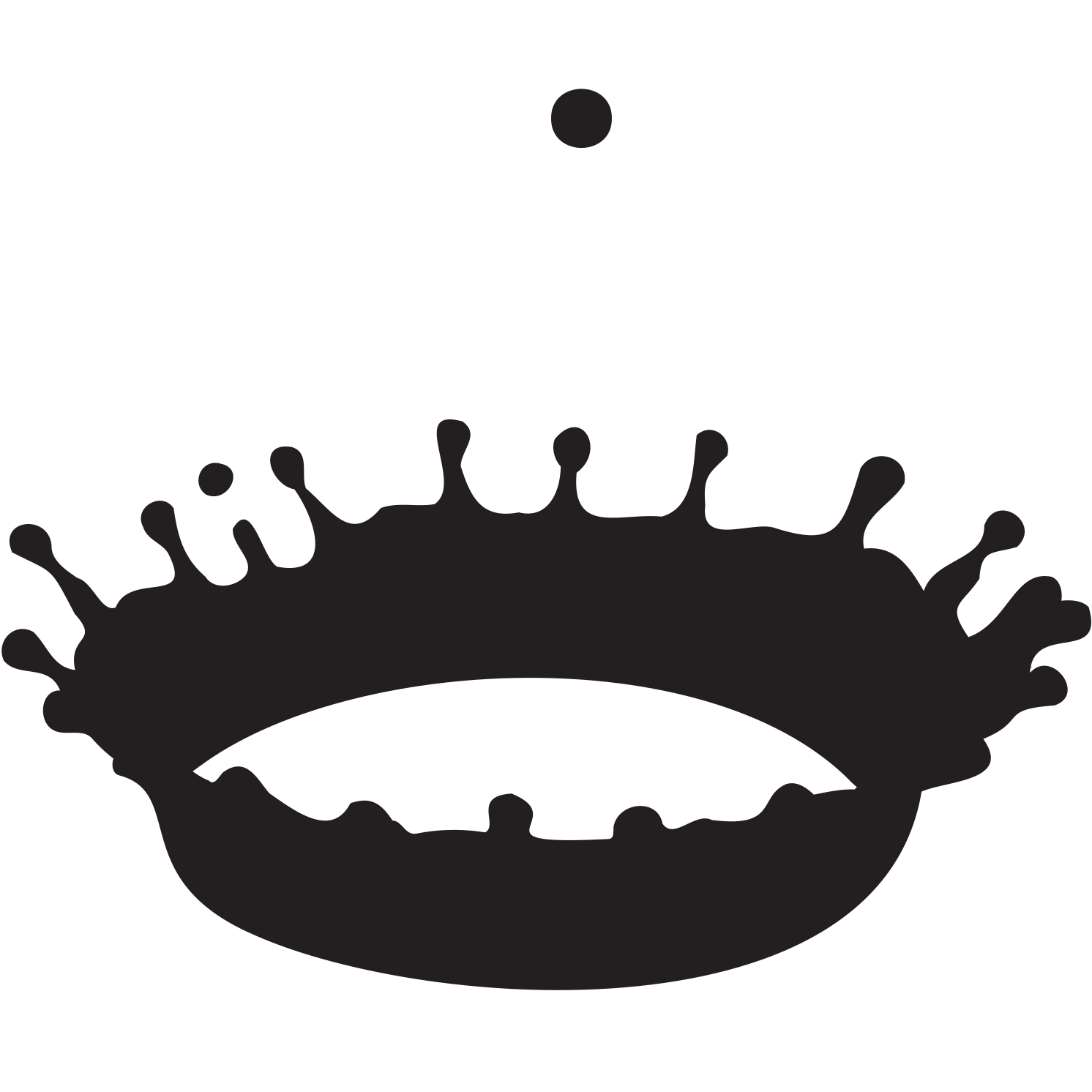If it's Fun, it Can't be Considered Work, Right?

If it’s fun, it can’t be considered work. Right? Wrong!
That was the premise for the Edgerton Center’s alumni panel, Turning Fun into Work, during which former Edgerton Center team members discussed the path that led from MIT to jobs at Apple, General Motors, a start-up, Electric Era Technologies, and the NASA Jet Propulsion Lab (JPL).
Held during the Career Advising and Professional Development (CAPD) Career Exploration Week, the panel consisted of Jackie Sly ’14, Robotics System Engineer at Jet Propulsion Lab; Kevin Chan, ’17, MNG ’18, Systems Integration Engineer at Apple; Priya Kikani ’17, Active Safety Software Engineer at General Motors; and Elliot Owen ’18, SM ’20, Co-Founder and CTO of Electric Era Technologies. The hour-long event was moderated by the Edgerton Center’s Associate Director, Jim Bales.
Each of the panelists shared their insight and what follows are a few highlights. The panel was recorded on video.
Trust your intuition
Sly, a former member of the Motorsports and the Marine Robotics Team, now working on the Mars 2020 Rover Project, emphasized the importance of talking about setbacks. “Mistakes and failures is something I like to talk about a lot,” Sly said. An incident at JPL in which she was developing landing gear for testing in an extremely hot environment, far hotter than 460℃ , was her case in point.
Partitioning out the design work for the landing gear was, Sly believes, the beginning of the error chain. Sly and her technician had questions about the thermal design. “…even though the technician and I were like, 'I don't think this is enough information to go off' and my intuition says this isn't going to work.” Sly said.
“You could see, looking back, very obvious thermal leaks and pathways. And so we take it to the facility. We have this very expensive first test that goes completely kaput. Everything inside the canister melts because of this gap in knowledge.”
"...even when something's not in your domain that you own, feel free to reach over and say, 'hey, can you explain that to me more thoroughly?'" In short, trust your intuition.
Fixing on the fly
Chan, who "stayed an extra year to finish [his] master's degree, nominally, but really, it was just to be on MIT Motorsports for another year," believes that "the hands-on skills learned while on teams will be what sets you apart from the rest of the people who may be applying for the jobs that you want."
When Chan was on Motorsports, it was common practice to fix the car on the fly, minutes before competition. Those experiences helped him "keep calm and carry on" in his current position at Apple.
"...we were preparing for a demo to a bunch of executives, ...like Tim Cook and a lot of members of the board. And there appeared to be a fault in a piece of hardware I'd designed for our demo. And I was able to very calmly work through these problems, and it was really nothing compared to the shenanigans we've had to do at the Formula SAE competitions in order to get the car going before any sort of race."
Getting paid to do something you love
Kikani, former captain of the Solar Electric Vehicle Team, found it amazing to realize that building cars could pay. "I really liked building cars in my undergrad [and now] I ... get paid for it," Kikani remarked.
At GM, Kikani is working on automatic emergency braking. For example, the driver is not paying attention and a pedestrian walks in front of the car, the car will automatically brake. "I really like it because it keeps a lot of people safe by preventing accidents," Kikani said. "A lot of my day to day job is also running testing."
Wearing all the hats
Owen, who was chief engineer on Motorsports, co-founded Electric Era Technologies where he is developing high-powered electrical grid storage systems. While his role is similar to his former team role, "there's no team underneath me. So I actually have to do all the design, build, test, analysis, fundraising, everything myself."
Student-led teams are akin to small companies, according to Owen. "So what you do on a team is you're basically running a small company. You have to raise funds. You attract members. You have to do design, build, test. You have a major competition at the end."
"It's not just about, how do I size my bolt to handle the certain load. That's not all engineering is. Engineering is the full process of going from idea to real thing in the field. And it's really important that you should try to pick up those larger skills of planning, fundraising, bringing people onto a team, because those will be very, very valuable," Owen remarked.
Some of the challenges for Owen in his new company have to do with having eager and available smart people around 24/7. "...on the race car team, you don't realize you have 40 really, really smart people working for free at all hours of the day. That's unheard of. And then as a company, you're like, wow, I have to get an NDA. I have to get a contract. I have to do a kickoff document. I have to actually go through rounds and rounds of review. You can't just call people up at midnight like, hey, did you get that part done? Why is your CAD not checked in? Does not happen in the corporate world. So I miss the infinite free hours of talent available," Owen said.
Friends for life. Once you've gotten covered in epoxy together.
Kikani has been grateful to continue the community found at the Edgerton Center in her life at GM where several MIT team alumni are working. "Once you've gotten covered in epoxy together," she said, "then you're going to be friends for life...and I'm glad I've been able to continue that here in Michigan," Kikani happily remarked.





